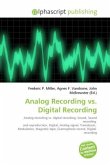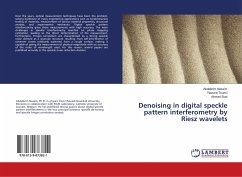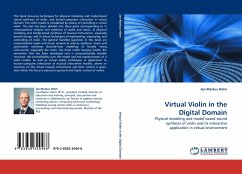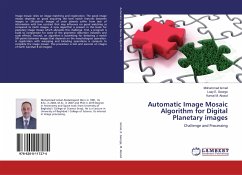Digital philosophy is a direction in philosophy and cosmology advocated by certain mathematicians and theoretical physicists, e.g., Gregory Chaitin, Edward Fredkin, Stephen Wolfram, and Konrad Zuse (see his Calculating Space). Digital philosophy grew out of an earlier digital physics (both terms are due to Fredkin), which proposes to ground much of physical theory in cellular automata. Specifically, digital physics works through the consequences of assuming that the universe is a gigantic Turing-complete cellular automaton. Digital philosophy is a modern re-interpretation of Gottfried Leibniz's monist metaphysics, one that replaces Leibniz's monads with aspects of the theory of cellular automata. Digital philosophy purports to solve certain hard problems in the philosophy of mind and the philosophy of physics, since, following Leibniz, the mind can be given a computational treatment. The digital approach also dispenses with the non-deterministic essentialism of the Copenhagen interpretation of quantum theory. In a digital universe, existence and thought would consist of only computation.
Bitte wählen Sie Ihr Anliegen aus.
Rechnungen
Retourenschein anfordern
Bestellstatus
Storno








